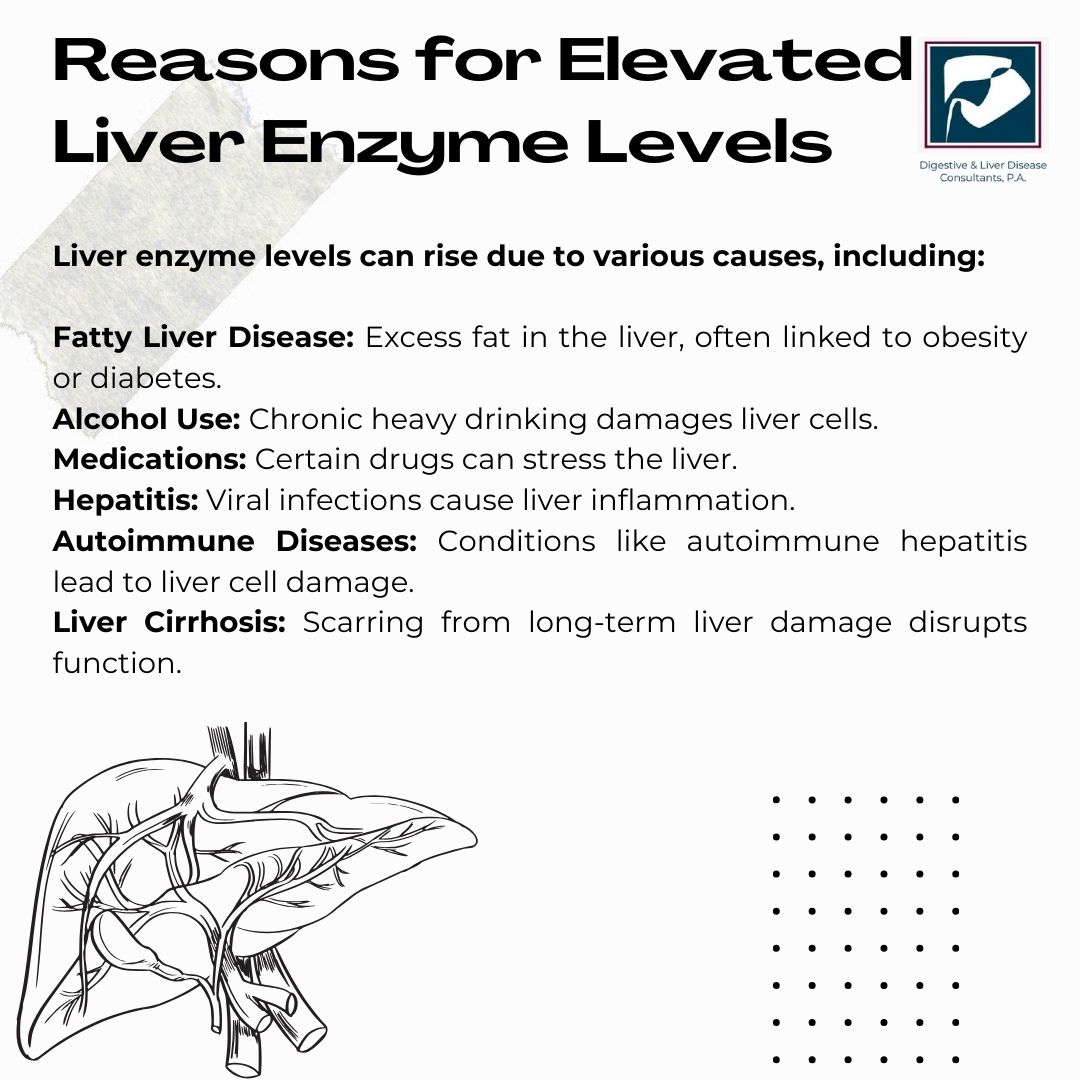Your liver plays a vital role in keeping your body healthy. From filtering toxins to helping digest food and storing energy, it works hard every day. One way doctors check your liver's health is by looking at liver enzymes. But what exactly are liver enzymes, and what do they reveal about your liver? Let’s break it down.
What Are Liver Enzymes?
Liver enzymes are proteins that speed up important chemical reactions in your liver. These enzymes help break down substances like food, alcohol, and toxins, and they play a key role in your body’s metabolic processes. Normally, liver enzymes remain mostly inside the liver. However, when the liver is damaged or inflamed, these enzymes can leak into your bloodstream.
Doctors measure the levels of specific liver enzymes through a liver function test (LFT). These tests can indicate whether your liver is healthy or if there’s a problem.
Key Liver Enzymes and What They Mean
Here are the most common liver enzymes that doctors monitor:
1. Alanine Aminotransferase (ALT)
What It Does: ALT helps convert proteins into energy.
What High Levels Mean: Elevated ALT levels can be a sign of liver damage or inflammation. It’s often associated with conditions like hepatitis, fatty liver disease, or liver injury.
2. Aspartate Aminotransferase (AST)
What It Does: AST helps process amino acids.
What High Levels Mean: Elevated AST levels may signal liver issues, but AST is also found in the heart, muscles, and other organs. Doctors compare AST with ALT to determine whether the problem is related to the liver.
3. Alkaline Phosphatase (ALP)
What It Does: ALP helps break down proteins and supports bile flow.
What High Levels Mean: Elevated ALP can indicate bile duct blockage, liver disease, or bone disorders.
4. Gamma-glutamyl transferase (GGT)
What It Does: GGT helps the liver break down toxins like alcohol and drugs.
What High Levels Mean: Elevated GGT levels often point to alcohol-related liver damage, bile duct issues, or excessive use of medications.

What Can Cause Abnormal Liver Enzyme Levels?
Liver enzyme levels can rise for many reasons, ranging from mild to severe. Some common causes include:
- Fatty Liver Disease: This condition occurs when excess fat builds up in the liver. It’s common in people with obesity, diabetes, or high cholesterol.
- Alcohol Use: Heavy drinking damages liver cells, causing enzyme levels to spike.
- Medications: Certain over-the-counter drugs, antibiotics, and painkillers can stress the liver.
- Hepatitis: Viral infections like hepatitis A, B, or C inflame the liver and raise enzyme levels.
- Autoimmune Diseases: Conditions like autoimmune hepatitis cause the immune system to attack liver cells.
- Liver Cirrhosis: Long-term liver damage can lead to scarring, impacting liver function.
In some cases, temporary factors like intense exercise or infections can also affect liver enzymes.
Symptoms of Liver Problems
Abnormal liver enzyme levels often don’t cause symptoms on their own. However, they can be a warning sign of an underlying liver condition. Some symptoms to watch for include:
- Fatigue or weakness
- Yellowing of the skin or eyes (jaundice)
- Abdominal pain or swelling
- Dark urine or pale stools
- Nausea or loss of appetite
If you notice any of these signs, it’s important to consult your doctor for a proper evaluation.
How Are Abnormal Liver Enzymes Diagnosed and Treated?
If a liver function test shows high enzyme levels, your doctor will investigate further. They may order imaging tests like ultrasounds or CT scans to look at the liver. In some cases, a liver biopsy may be recommended to check for damage.
Treatment depends on the cause of the elevated enzymes. For example:
Lifestyle Changes: Reducing alcohol intake, maintaining a healthy weight, and exercising regularly can improve liver health.
Medications: If hepatitis or other infections are causing the problem, antiviral or anti-inflammatory medications may help.
Diet Improvements: A balanced diet rich in vegetables, whole grains, lean proteins, and healthy fats supports liver function.
Avoiding Toxins: Limiting medications or supplements that stress the liver is often necessary.
The good news is that the liver has a remarkable ability to heal itself when problems are detected early.
Why Monitoring Liver Enzymes Is Important
Regular liver enzyme tests can help catch liver problems before they become severe. If you are at risk of liver disease—due to obesity, diabetes, alcohol use, or medications—it’s essential to monitor your liver health. Early detection and treatment can prevent long-term damage.
Conclusion
Your liver works tirelessly to keep you healthy, and monitoring liver enzymes can provide valuable insights into its well-being. While abnormal liver enzymes can be a sign of trouble, they are often a warning to take better care of your liver.
Are you experiencing symptoms or concerned about your liver health? Schedule an appointment with the experts at Digestive & Liver Disease Consultants, P.A.






